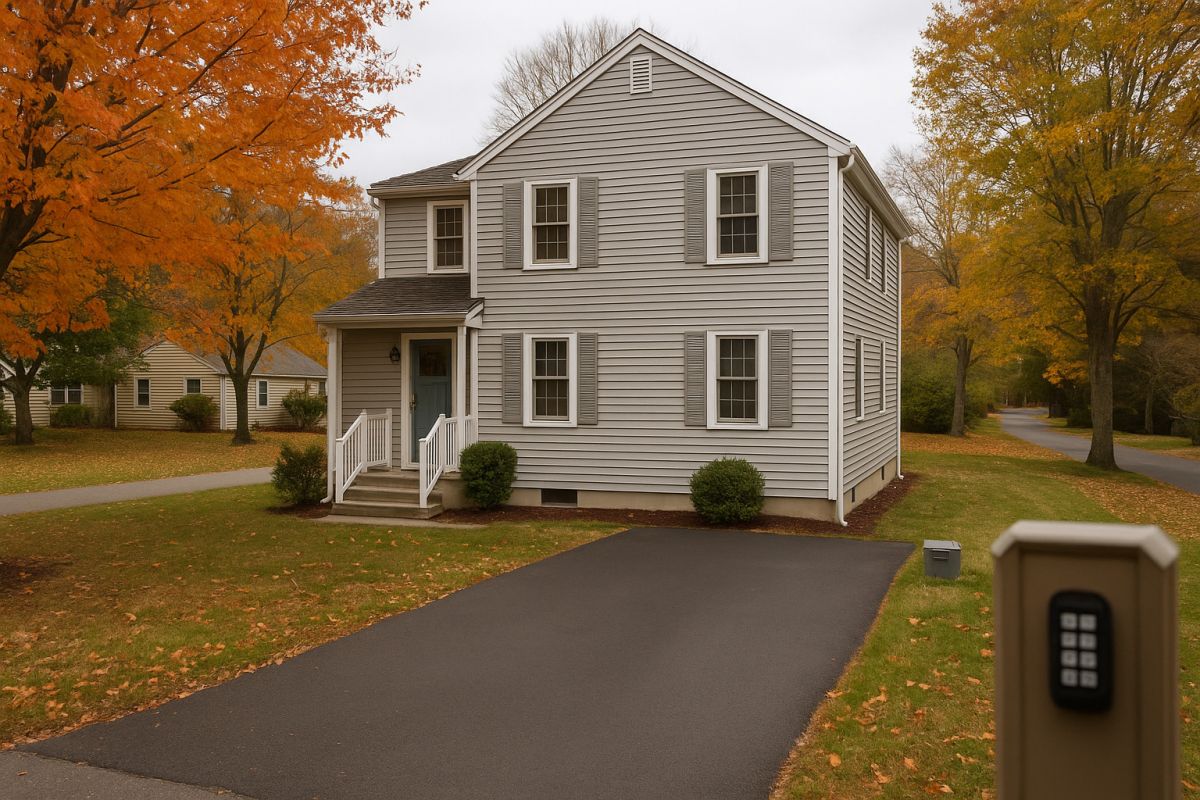The Hidden Cost of Short‑Term Rentals in Wrentham

Short-term rentals are increasingly common in towns like Wrentham, where the appeal of quiet neighborhoods and proximity to attractions like Gillette Stadium and Wrentham Village Premium Outlets make it a convenient stay for weekend travelers. But behind the convenience lies a growing concern: as more homes are listed on Airbnb and similar platforms, fewer remain available for year-round residents.
Wrentham’s housing market is already under pressure. Median home prices are well above $740,000, and rental options are limited. More than half of renter households are cost-burdened, meaning they spend more than 30 percent of their income on housing. Long-term rentals are scarce, and when they do hit the market, they rarely stay available for long. While these challenges are not unique to Wrentham, local officials and residents are beginning to question how much short-term rentals contribute to the strain.
Data on the number of short-term rentals operating in Wrentham is difficult to pin down. While the state does require registration, small towns often lack the capacity to track or enforce the law consistently. Anecdotally, more properties are showing up on vacation rental sites—some operated by absentee landlords, others by local homeowners who have converted accessory apartments or second homes into part-time rentals. In either case, the effect is the same: housing that could support a family, senior, or essential worker is instead serving short-term visitors.
For homeowners, listing a property as a short-term rental can offer needed financial relief. Many cite rising property taxes, high utility costs, and the need for supplemental income as reasons for participating in the short-term market. And it’s true that visitors often support local shops, restaurants, and attractions. But neighbors say the trade-off is real. Streets that once had stable, long-term residents are seeing more turnover. Cars come and go. Trash days get missed. The rhythm of community life feels different.
Unlike hotels, most short-term rentals are not subject to regular inspections. Some lack proper insurance. And while Massachusetts collects taxes on bookings, municipalities like Wrentham often see little direct benefit unless specific local regulations are in place. Some nearby towns have adopted ordinances that cap the number of nights a property can be rented annually or require the owner to live on-site. Wrentham has not yet taken those steps.
At the same time, the town is under pressure from the state’s MBTA Communities law, which requires zoning changes to allow more multi-family housing near transit access. That requirement, designed to address the state’s housing shortage, puts additional urgency on local housing policy. If Wrentham is expected to grow—and do so affordably—it may need to balance its residential offerings more carefully.
Local housing advocates say the town should start by tracking how many homes are currently in the short-term rental market, and how long they’re being used that way each year. From there, officials could explore rules that protect year-round housing while still allowing homeowners to benefit from tourism. Whether that means seasonal caps, stricter licensing, or limiting rentals to primary residences, the goal would be to prevent further erosion of the long-term rental market.
Short-term rentals can offer value, especially in a tourism-friendly town like Wrentham. But left unregulated, they risk crowding out the very residents who give the town its character. In a community where affordability is already a challenge, every housing unit counts. As the landscape changes, Wrentham faces a choice: manage the shift now—or feel its consequences later.







